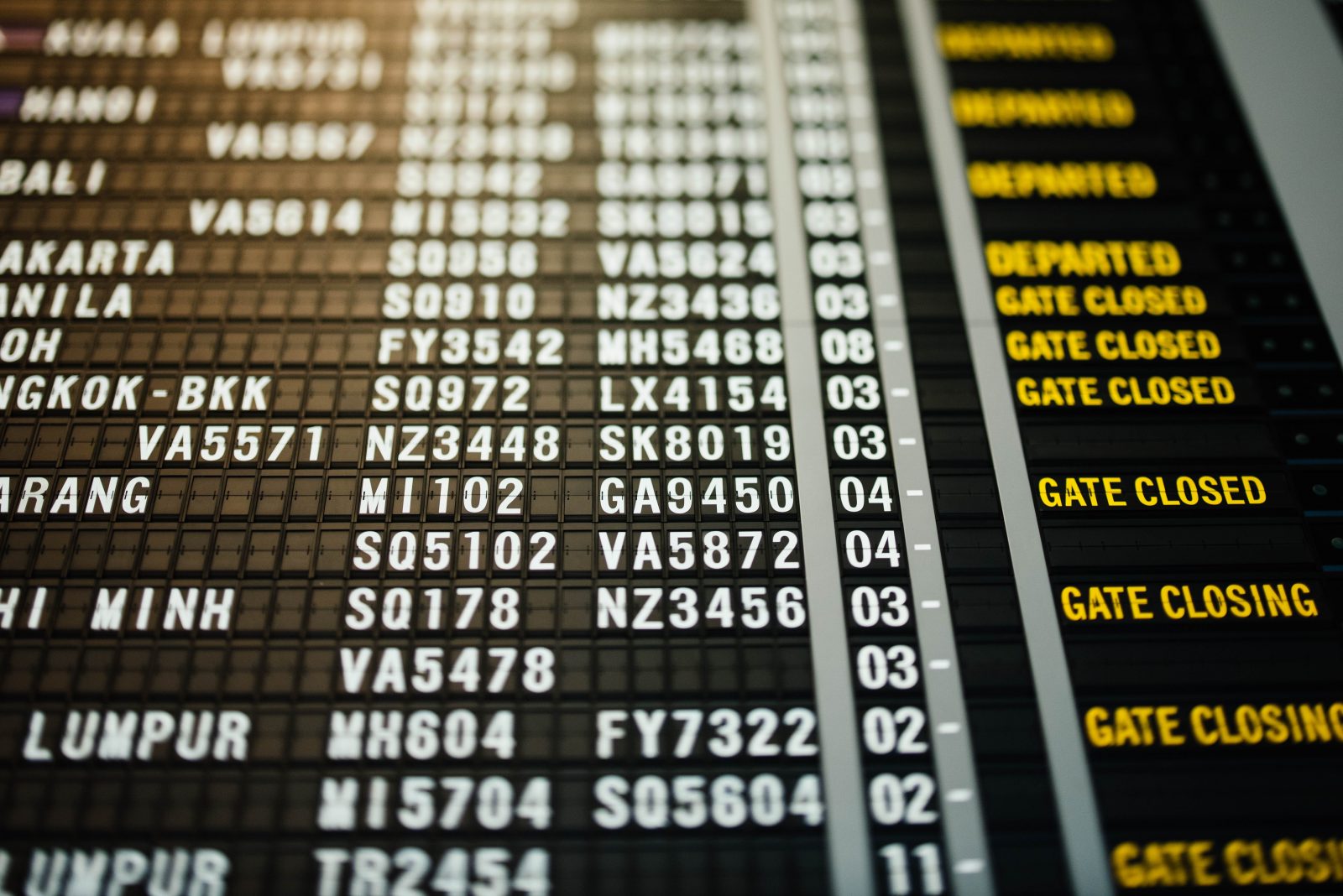
The International Air Transport Association (IATA), an aviation trade body that represents the interests of around 290 airlines worldwide, claims passenger confidence in air travel will face a “double whammy” even after the COVID-19 pandemic is effectively contained. Many potential passengers will have lingering concerns about the safety of flying but there will also be personal economic concerns that put people off travelling for some time.
The result of this double whammy is that recovery for airlines around the world is likely to be very slow, as has already been witnessed in China and Australia where the Coronavirus outbreak has been brought under control.
According to a study commissioned by IATA, around 60 per cent of recent travellers would consider flying again “within one to two months of containment” but 40 per cent say they would wait six or more months before considering getting back on an airplane. Nearly 70 per cent also they would have to delay travelling again until their “personal financial situation stabilizes”.
Earlier this month, IATA revised up its estimate of the economic toll that the COVID-19 pandemic would have on the airline industry, putting the figure at $314 billion in lost revenues – nearly $100 billion more than it estimated in mid-March. The trade body is calling for urgent international government support to prevent many airlines going bankrupt as a result of the crisis.
IATA and the International Transport Workers Federation (ITF) estimate that up to 25 million jobs in the airline industry could be at risk if financial support isn’t offered soon. Yesterday, Virgin Australia entered voluntary administration and in doing so became the latest and so far largest airline casualty of the crisis – up to 16,000 directly and indirectly jobs could be lost.
“People still want to travel. But they are telling us that they want clarity on the economic situation and will likely wait for at least a few months after any ‘all clear’ before returning to the skies,” explained IATA Director General Alexandre de Juniac.
He is calling for unspecifed “confidence boosting” measures to increase demand once the initial wave of the pandemic has passed.
“The passenger business came to a halt with unilateral government actions to stop the spread of the virus. The industry re-start, however, must be built with trust and collaboration,” he continued.
IATA would like to see a coordinated international approach to restore confidence in air travel which is “guided by the best science we have available”. Those comments are likely aimed at countries that have imposed strict travel bans and entry restrictions that may well continue well after COVID-19 is contained. Such measures will slow the airline industry’s recovery even further.
Mateusz Maszczynski honed his skills as an international flight attendant at the most prominent airline in the Middle East and has been flying ever since... most recently for a well known European airline. Matt is passionate about the aviation industry and has become an expert in passenger experience and human-centric stories. Always keeping an ear close to the ground, Matt's industry insights, analysis and news coverage is frequently relied upon by some of the biggest names in journalism.







